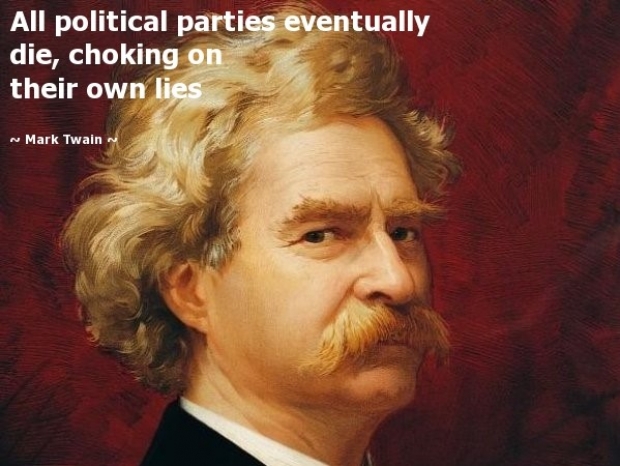A Michigan lawmaker who was incredibly upset when fact-checkers failed to support his conspiracy theory that the Democrats had stolen the 2020 election has introduced a bill Tuesday that would require "fact-checkers" to register with the state.
Rep. Matt Maddock, R-Milford, wrote the legislation, which was co-sponsored by eight other Republican House members, about five months after Maddock floated the idea of licensing fact-checkers on Twitter.
The "Fact Checker Registration Act" defines a fact-checker as someone who publishes in print or online in Michigan, is paid by a fact-checking organisation and is a member of the International Fact Check Network.
The network refers to the Poynter Institute's International Fact-Checking Network, a unit launched by the journalism group in 2015 to train and develop best practices in fact-checking, Maddock said.
If you think there is nothing wrong with having a system of checking the fact-checkers, then you have missed the subtlety of Maddock's plan.
The bill requires qualifying fact-checkers to file proof of a $1 million fidelity bond with the Secretary of State's office, which will be tasked with developing the "form and manner of registration and filing".
So, in other words, if you do not have a million dollars, you cannot correct a politician who tells you the world was created in seven days, or flat, or that state money that found its way into his shell company was theirs legitimatly.
It gets worse too. An "affected person" could bring a civil action in any county district court to claim the bond for "any wrongful conduct that is a violation of the laws of this state".
The bond could be forfeited at the judge's discretion for "demonstrable harm" stemming from something a fact-checker wrote, Maddock wrote.
Fact-checkers found to violate the registry requirements could be fined $1,000 per day of violation.
So basically, this gives politicians who don't like what a fact-checker says a steady stream of money.
It is unlikely for the law to get past the courts. It is pretty obviously an attempt to muzzle free speech. False information is already covered by existing defamation laws which do not require the press or fact-checkers to front up with a million dollars in advance.

